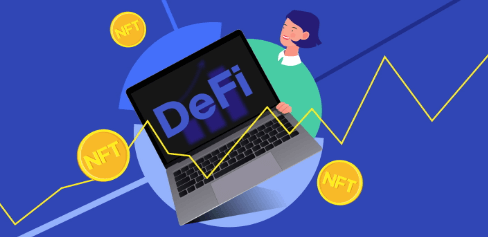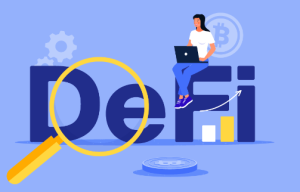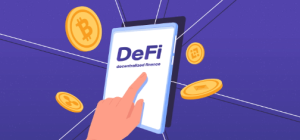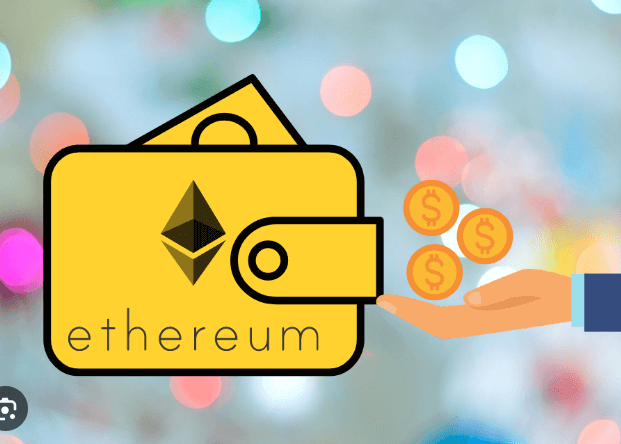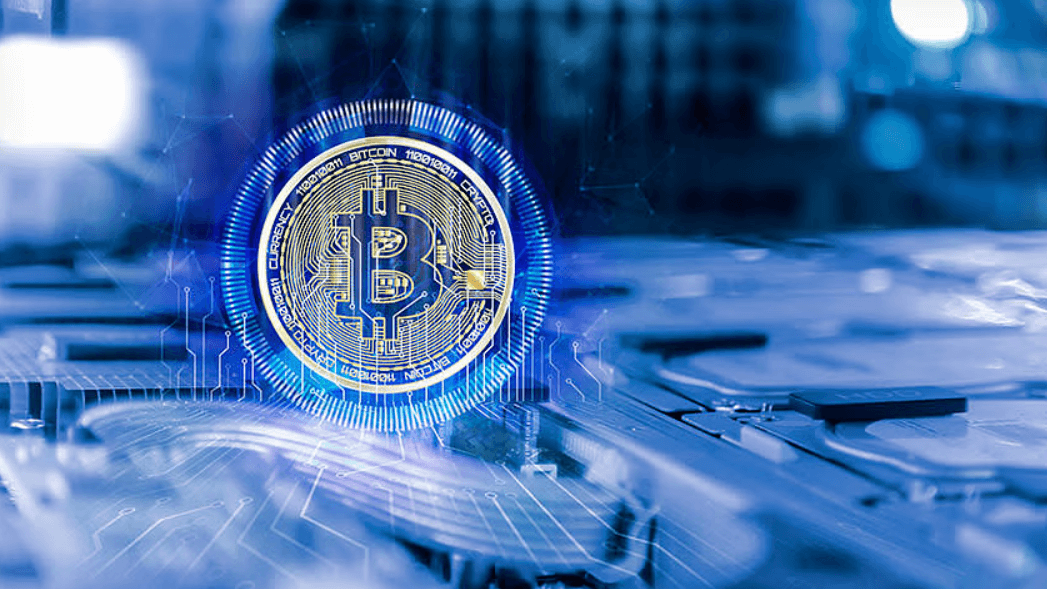Table of Contents
The financial world as we know it has been revolutionised with the growth of DeFi Wallets such as Xdefi – DeFi wallet. They allow users to interact with different DeFi protocols. These protocols innately support functions like transferring funds peer-to-peer to anyone globally, passive earnings with staking, storing digital assets, and even getting flash loans without collateral!
Here are some key ways how DeFi wallets have affected the financial world:
DeFi Wallets provide a single gallery for all crypto transactions
You only need your phone or laptop with an internet connection to connect with a DeFi Wallet.
Conversely, in the traditional financial system, a financial institution holds your money and maintains your inter-accounts transactions. Naturally, aside from having an absolute say over your assets, they charge you for their troubles, which might be quite hefty, especially for international transactions.
DeFi wallets are run on decentralised and distributed digital ledgers—blockchains—where transactions are processed by software and codes and verified by selected entities through a trustless consensus mechanism.
DeFi Wallets’ non-custodial nature makes you the sole owner of your funds, provided you have access to the private key. Thus, through a browser extension or mobile Defi Wallet, you can access financial services via the internet without having a bank account.
You can earn passive income through staking
Some DeFi Wallets allow users to earn passively from their financial savings. These DeFi Wallets can natively interface with staking platforms from within the wallet. Through this, wallet holders can lock their crypto assets in a smart-contract-controlled liquidity pool and earn impressive Annual Percentage Yields (APYs).
If you cannot stake directly from within your DeFi wallet, you can easily visit the staking platform’s site and then connect your wallet.
Smart contracts automatically determine staking rewards and you, therefore, earn independently of any third party.
Conversely, before DeFi Wallets, traditional banks saving accounts‘ APY rarely surpassed 5%. And, of course, your funds are at the mercy of the financial institution. But the average crypto staking APY can peak well above 20%.
Games Assets can be monetised and stored in DeFi wallets
DeFi Wallets’ adoption of birthed games’ real-life monetisation reward for gamers. GameFi came into play by incorporating DeFi into a gaming economy, leading to gamers earning real-value crypto assets and storing in-game assets in DeFi wallets as NFTs.
You must connect your DeFi wallet to the game’s metaverse to play any blockchain game. E.g. By connecting your Ronin Wallet to Axie Infinity, you can buy your in-game assets, which are stored directly in your DeFi wallet and can be used in inter-games.
Through this, you can use a particular game’s asset in another game that supports it. And can even trade the asset should you leave that game.
Also Read This: 20 Great Ways to Make More Money
Choosing a multifunctional DeFi wallet
DeFi wallets have their strengths and weaknesses; most are blockchain specific. Some can innately interface with staking platforms or hardware wallets, while others support bridging.
You can swap and loan on some and even view your NFTs directly instead of having to first connect with an NFT marketplace. Others prioritise security.
Most folks open multiple DeFi Wallets for different DeFi transactions since they are easy to open.
However, keeping track of multiple DeFi Wallets passwords is stressful and a potential security risk, though choosing a multifunctional DeFi Wallet that supports multiple blockchains, innate staking, and allows you to view your NFTs might be the best option.




![1000 Girl Attitude Names for Truecaller ID | UPDATED [Included Boys Names] 1000 Attitude Names for Girls on Truecaller](https://edutechbuddy.com/wp-content/uploads/2025/05/ChatGPT-Image-May-21-2025-11_59_39-PM-1-150x150.png)


